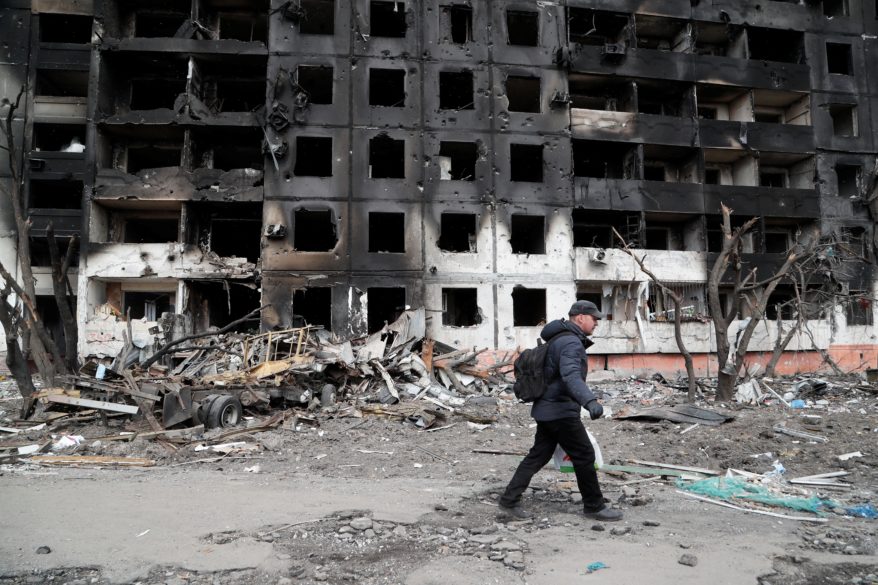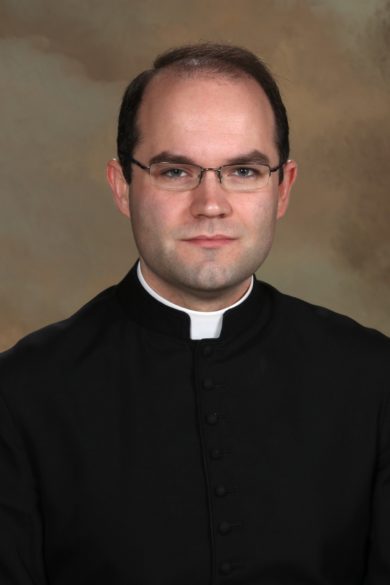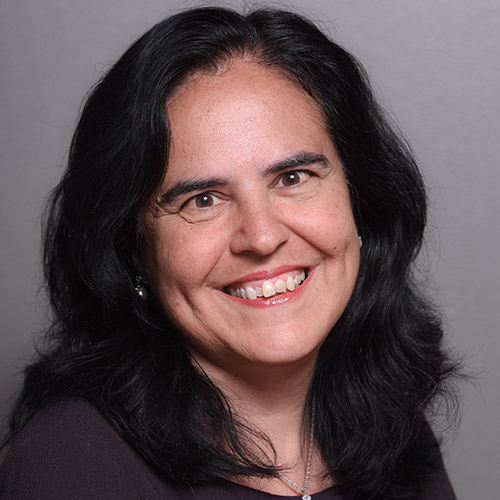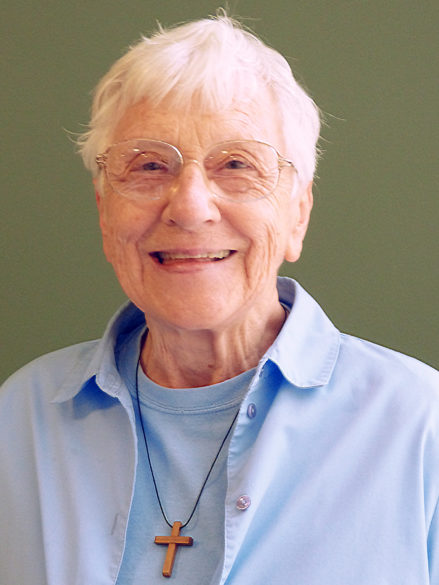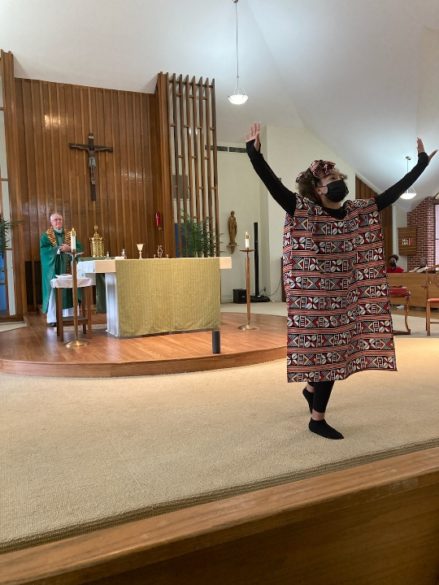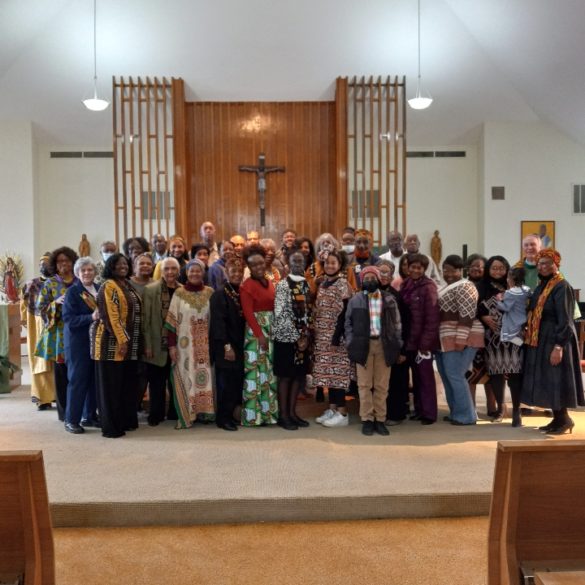IN EXILE
By Father Ron Rolheiser, OMI
In his farewell speech in John’s Gospel, Jesus tells us that he is going away but that he will leave us a parting gift, the gift of his peace, and that we will experience this gift in the spirit he leaves behind.
How does this work? How do we leave peace and a spirit behind us as we go?
This is not something abstract, but something we experience (perhaps only unconsciously) all the time in all our relationships. It works this way. Each of us brings a certain energy into every relationship we have, and when we walk into a room, that energy in some way affects what everyone else in the room is feeling. Moreover, it will stay with them after we leave. We leave a spirit behind us.
For example, if I enter a room and my person and presence radiate positive energy: trust, stability, gratitude, concern for others, joy in living, wit, and humor, that energy will affect everyone in the room and will remain with them after I have left the room, as the spirit that I leave behind. Conversely, even though my words might try to say the contrary, if my person and presence radiate negative energy: anger, jealousy, bitterness, lying, or chaos, everyone will sense that, and that negative energy will remain with them after I leave, coloring everything I have left behind.

Sigmund Freud once suggested that we understand things the clearest when we see them broken, and that is true here. We see this writ large, for instance, in the case of how a long-term alcoholic parent affects his children. Despite trying not to do so, he will invariably bring a certain instability, distrust, and chaos into his family, and it will stay there after he is gone, as the spirit he leaves behind, short-term and long-term. His person and his presence will trigger a feeling of distrust and chaos, and the memory of him will do the same.
The same is true in reverse vis-à-vis those who bring positive energy, stability and trust, into a room. Unfortunately, often at the time, we do not sense the real gift that these persons bring and what that gift does for us. Mostly it is felt as an unspoken energy, not consciously perceived, and only later in our lives (often long after the persons who did that for us are gone) do we recognize and consciously appreciate what their presence did for us. This is true for me when I think back on the safety and stability of the home that my parents provided for me. As child, I sometimes longed for more exciting parents and naively felt safety and stability more as boredom than as a gift. Years later, long after I had left home and learned from others how starved they were as kids for safety and stability, I recognized the great gift my parents had given me. Whatever their human shortcomings, they provided my siblings and me with a stable and safe place within which to grow up. They died while we were still young, but they left us the gift of peace. I suspect the same is true for many of you.
This dynamic (wherein we bring either stability or chaos into a room) is something which daily colors every relationship we have and is particularly true regarding the spirit we will leave behind us when we die. Death clarifies things, washes things clean, especially regarding how we are remembered and how our legacy affects our loved ones. When someone close to us dies, our relationship to him or her will eventually wash clean and we will know exactly the gift or burden that he or she was in our lives. It may take some time, perhaps months, perhaps years, but we will eventually receive the spirit he or she left behind with clarity and know it as gift or burden.
And so, we need to take seriously the fact that our lives belong not just to us but also to others. Likewise, our deaths do not belong only to us, but also to our families, our loved ones, and the world. We are meant to give both our lives and our deaths to others as gift. If this is true, then our dying is something that will impart either a gift or a burden to those who know us.
To paraphrase Henri Nouwen, if we die with guilt, shame, anger, or bitterness, all of that becomes part of the spirit we leave behind, binding and burdening the lives of our family and friends. Conversely, our dying can be our final gift to them. If we die without anger, reconciled, thankful for those around us, at peace with things, without recrimination and making others feel guilty, our going away will be a sadness but not a binding and a burdening. Then the spirit we leave behind, our real legacy, will continue to nourish others with the same warm energy we used to bring into a room.
(Oblate Father Ron Rolheiser is a theologian, teacher and award-winning author. He can be contacted through his website www.ronrolheiser.com and now on Facebook www.facebook.com/ronrolheiser)


